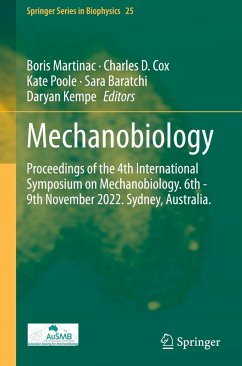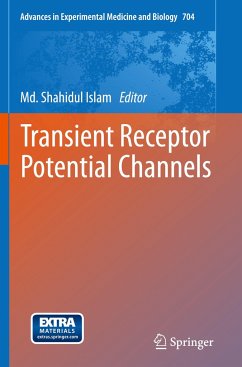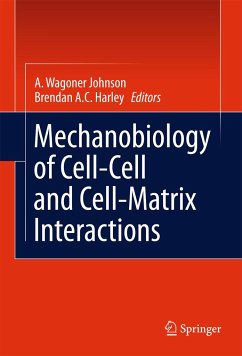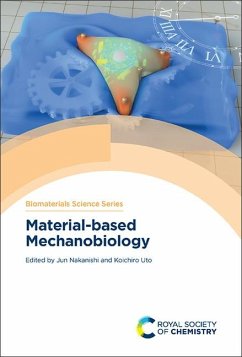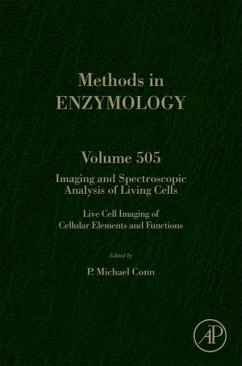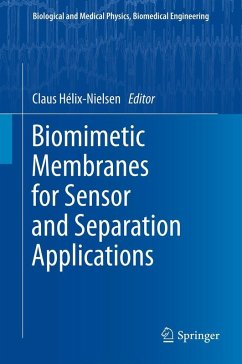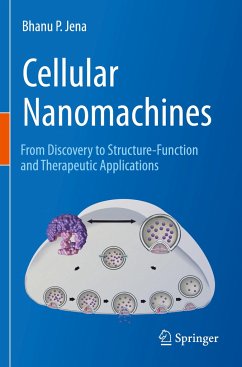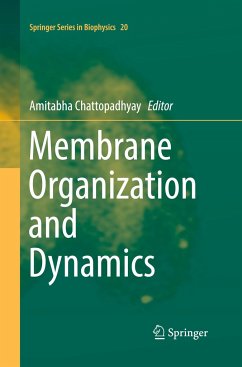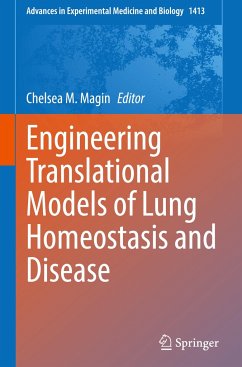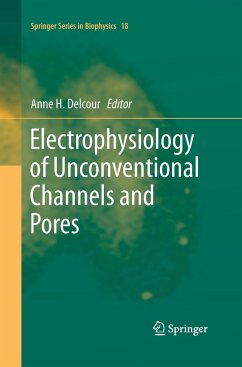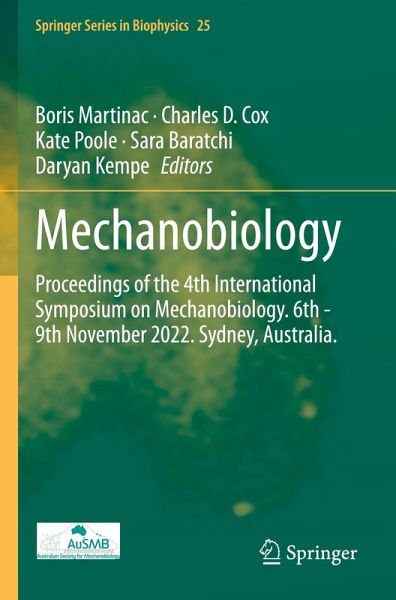
Mechanobiology
Proceedings of the 4th International Symposium on Mechanobiology. 6th - 9th November 2022. Sydney, Australia.
Herausgegeben: Martinac, Boris; Cox, Charles D.; Poole, Kate; Baratchi, Sara; Kempe, Daryan
Versandkostenfrei!
Versandfertig in 6-10 Tagen
137,99 €
inkl. MwSt.

PAYBACK Punkte
69 °P sammeln!
The 4th International Symposium on Mechanobiology (ISMB) organized by the Australian Society for Mechanobiology (AuSMB) took place at the Sydney Nanoscience Hub at the University of Sydney, Australia, from the 6th to the 9th of November 2022.This conference started in 2011 with the founding of the Society in Shanghai, China, and has occurred every three years also visiting Okayama (2014) and more recently Singapore (2017). This is the first time this conference was held in Australia.The primary purpose of the 4th International Symposium on Mechanobiology (ISMB) was to act as a forum for dissem...
The 4th International Symposium on Mechanobiology (ISMB) organized by the Australian Society for Mechanobiology (AuSMB) took place at the Sydney Nanoscience Hub at the University of Sydney, Australia, from the 6th to the 9th of November 2022.
This conference started in 2011 with the founding of the Society in Shanghai, China, and has occurred every three years also visiting Okayama (2014) and more recently Singapore (2017). This is the first time this conference was held in Australia.
The primary purpose of the 4th International Symposium on Mechanobiology (ISMB) was to act as a forum for dissemination of cutting-edge research and innovation in the field of mechanobiology. It brought together 200+ delegates from both the Australian and International communities (students, scientists, clinicians, engineers and stakeholders from academia, industry and other organisations) working in the broader field of mechanobiology to discuss new and exciting advances in the field. This collection reflects the diverse and multidisciplinary nature of mechanobiology research spanning length scales and organ systems.
Chapter 4 is available open access under a Creative Commons Attribution 4.0 International License via link.springer.com.
This conference started in 2011 with the founding of the Society in Shanghai, China, and has occurred every three years also visiting Okayama (2014) and more recently Singapore (2017). This is the first time this conference was held in Australia.
The primary purpose of the 4th International Symposium on Mechanobiology (ISMB) was to act as a forum for dissemination of cutting-edge research and innovation in the field of mechanobiology. It brought together 200+ delegates from both the Australian and International communities (students, scientists, clinicians, engineers and stakeholders from academia, industry and other organisations) working in the broader field of mechanobiology to discuss new and exciting advances in the field. This collection reflects the diverse and multidisciplinary nature of mechanobiology research spanning length scales and organ systems.
Chapter 4 is available open access under a Creative Commons Attribution 4.0 International License via link.springer.com.



